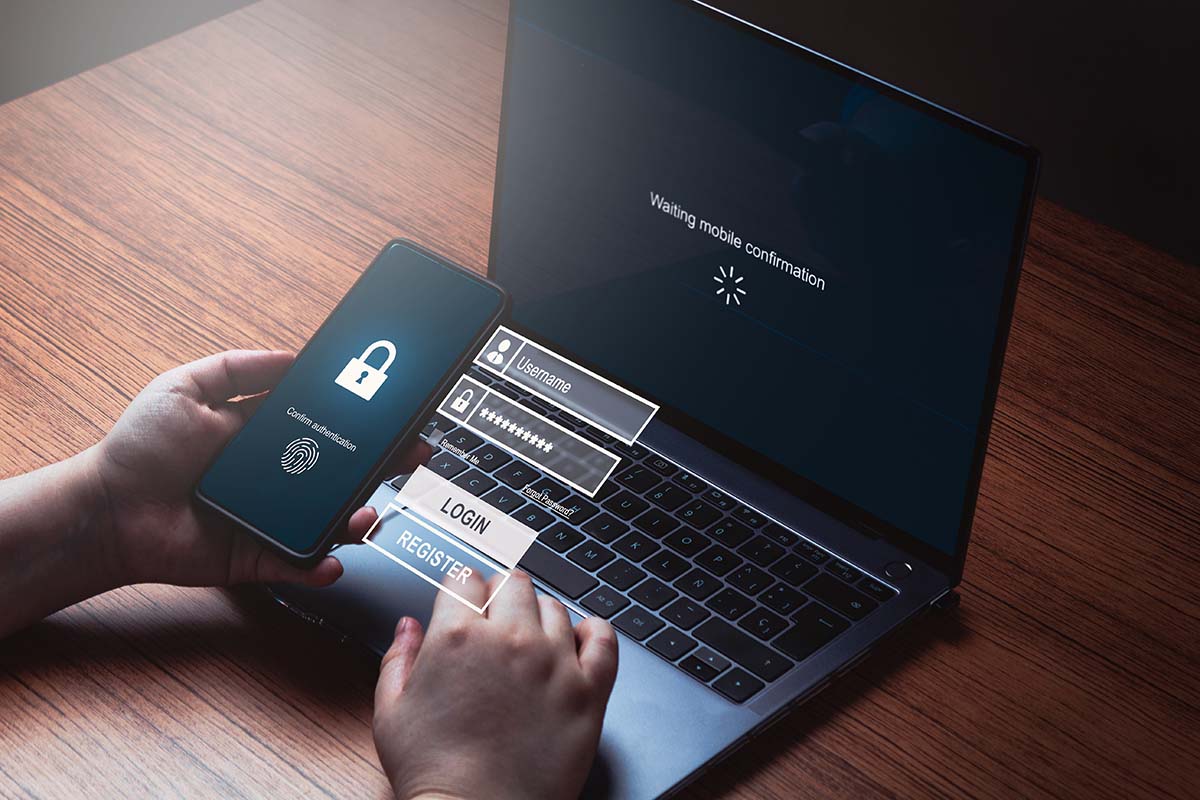Internet Safety: Keeping Your Teen Safe Online
Being a teenager is a lot different from how we remember it, right? Nights out hanging around local parks, daring your friends to call their crush on the house phone, poker-straight hair, low cut jeans and not forgetting pencil-thin eyebrows and body glitter…
Technology certainly has the power to bring people together, but it can also be incredibly dangerous. When we were younger, we were told to be wary of strangers, but these days – thanks to the internet – strangers and dangerous situations seem to be everywhere.
As a parent, it’s not always easy to keep up with the latest apps, trends, and viral material. However, one area of knowledge you should keep up to speed with is your understanding of online safety and security. Do you know your malware from your phishing scams?
Or your IP address from your VPN? Does a VPN help with buffering?
Click the link to find out about internet safety. If you’re unfamiliar with keeping your teen safe online, don’t panic; here, we’ll explore a simple guide for parents to follow.
Understand the risks that your teen could be facing
There’s a whole lot of danger out there on the internet, but it’s best not to assume that your teen is being exposed to all of it at the same time. Many online dangers manifest over a period of time, such as sexting or cyberbullying. This is why it’s important to understand the risks that your teen could face and talk to them about it. The most common dangers include:
- Online predators who specifically target teens/young children to exploit them sexually or even as a means of radicalization.
- Nasty messages on social media, emails, messaging groups dedicated to bullying your teen and other negative outlets. In extreme cases, this kind of bullying can lead to suicide.
- Identity theft. Your child could inadvertently give away their personal information, putting everyone involved at risk.
- Sexting/Pornography. Sexualized pictures and selfies, nudes, and suggestive conversations with friends or even strangers never end well.
Set up some simple rules
Your teen wants independence and freedom, and you can still give them that. Just let them know you’re putting in some simple ground rules to help keep them safe. Let them know that certain activities are prohibited because they’re dangerous, such as sharing private information, using public wi-fi, accepting friend requests from people they don’t know, opening strange links, and downloading content without asking you first.
Don’t let them hideaway
If they want to use their laptop or tablet, make sure it can only be used in a public part of the house. Not somewhere they can hide away, like in their room. Let them know that you’re not watching them, but you’re creating a sense of openness and transparency. So, if anything suspicious or dodgy comes up, they can reach out to you for help.
Internet safety: use parent control filters
Prevent your teens from viewing content they shouldn’t by installing parental controls on your connected devices. This should stop them from being exposed to violet or sexually explicit materials that could harm them.
And finally, be vigilant!
If your child is suddenly secretive, appears withdrawn, or is emotional after being online, there could be a problem. Reach out to them as soon as possible.




















